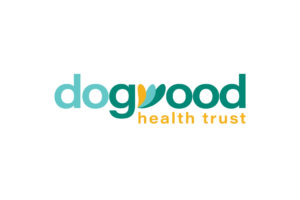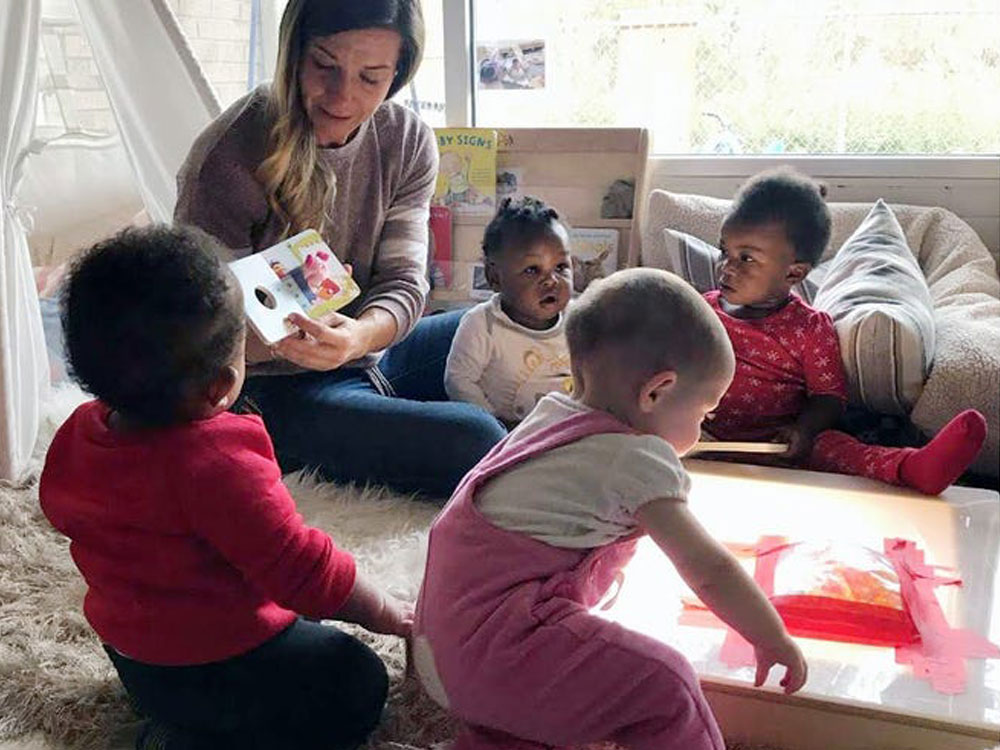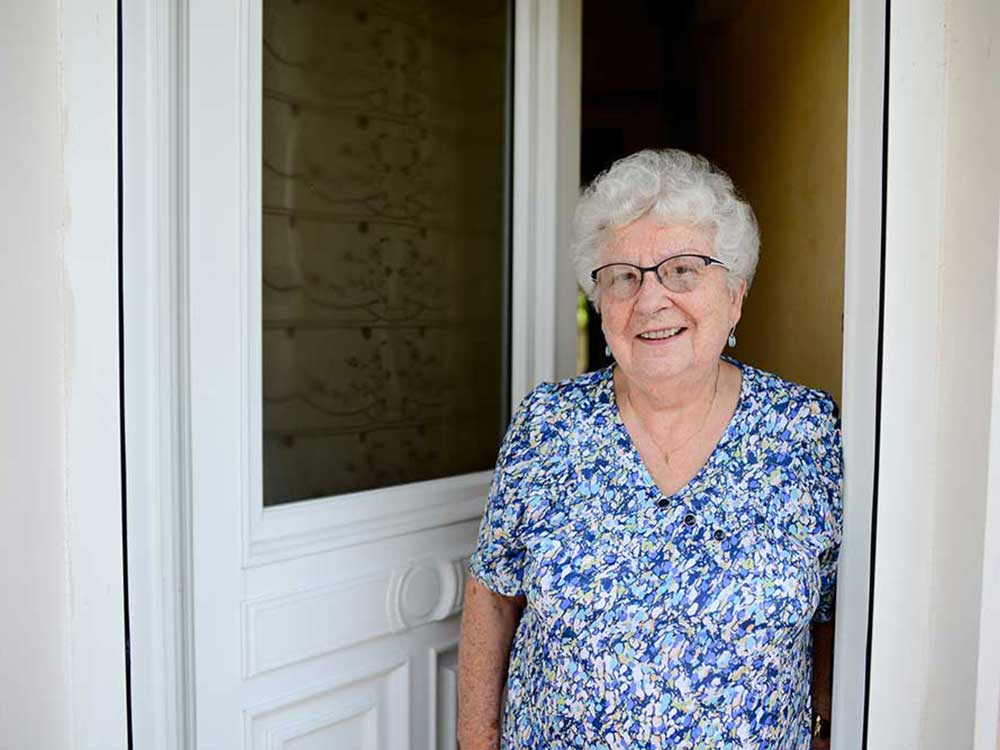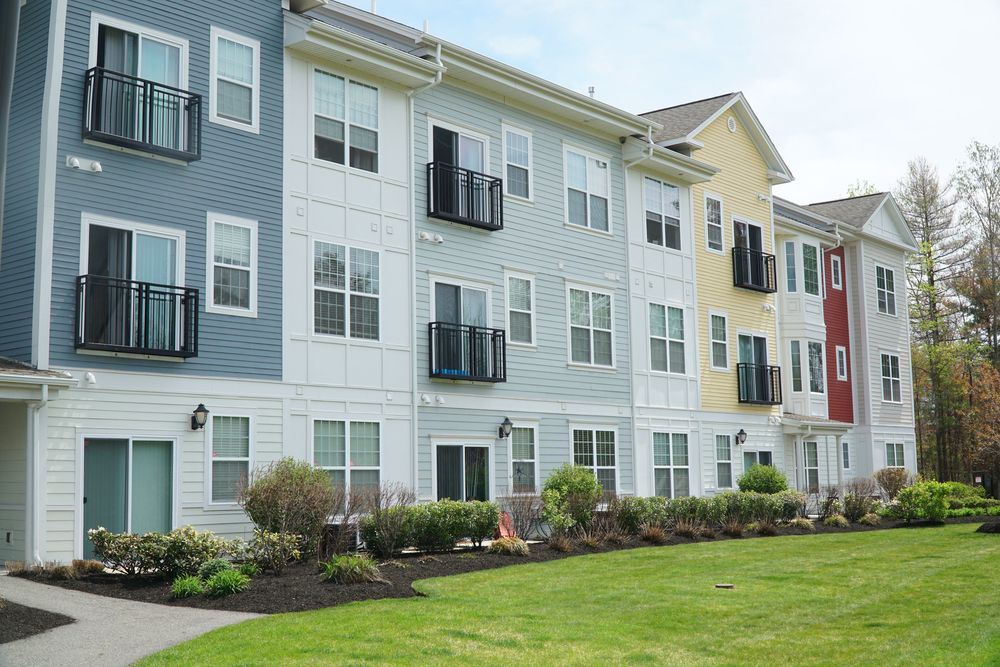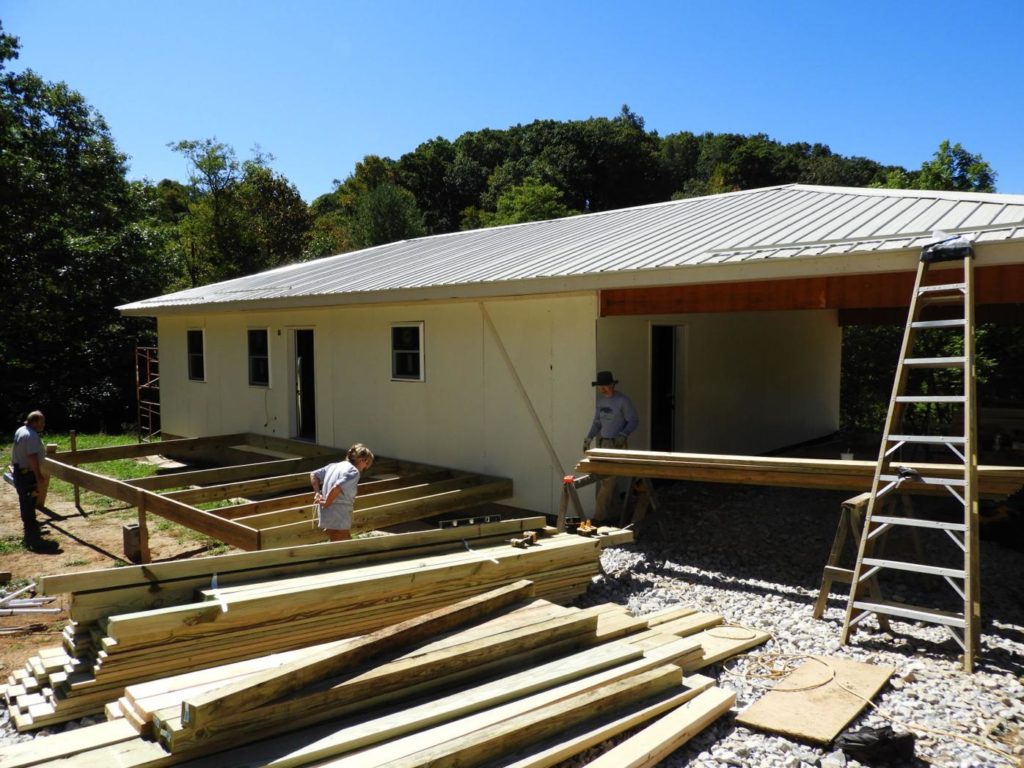Experts from North Carolina Center for Afterschool Programs will present the findings during a May 24 webinar; RFP to follow in June.
Asheville, N.C. – Dogwood Health Trust will host a webinar featuring a study of the current state of out-of-school-time opportunities across Western North Carolina. This Analysis of Out-of-School Time outlines how afterschool and summer programs play a crucial role in supporting young people’s healthy development. To present the findings in more detail, Dogwood will host a webinar on Wednesday, May 24 at 12:00 p.m. All community members are invited to attend and can register using this link. The full report will be available for free download on Dogwood’s website immediately following the webinar.
The study, commissioned by Dogwood, was conducted by the North Carolina Center for Afterschool Programs (NC CAP), a comprehensive statewide afterschool and expanded learning network, working with key partners to increase access to high-quality afterschool and expanded learning programs for all children and youth in North Carolina, especially for those at-risk of educational failure. Elizabeth Anderson, director of the NC CAP, along with Dr. Mary Ann Wolf, president and director of the Public School Forum, will present their findings and offer a high-level analysis of the study.
“Dogwood is committed to working with our partners to create data-driven solutions to pervasive challenges throughout our education system,” said Dr. Susan Mims, CEO, Dogwood Health Trust. “This study of the out-of-school-time landscape, along with past studies of the early childhood education and K-12 education landscapes, provide our region with a clearer picture of challenges our families face and where the greatest opportunities lie.”
“The out-of-school-time analysis will highlight the assets WNC providers offer youth, families and communities after school, on weekends, and during summers,” said Ereka Williams, Ph.D., vice president – education, Dogwood Health Trust. “It will also highlight the challenges those partners in our region face with delivering high quality, stable and impactful opportunities for youth in our region to develop as whole children and adolescents with the psychological, social, academic, and emotional competencies necessary for adulthood. While we do not expect this initial report to capture all of our region’s needs and assets, we do believe it can help stakeholders from all sectors consider how they can best invest resources of all kinds to better equip and sustain this public good.”
In addition to sharing their findings and offering analysis, Elizabeth Anderson and Dr. Mary Ann Wolf will answer questions during the webinar on Wednesday, May 24, at 12:00 p.m. Anyone is welcome to attend and may register here.
RFP Opportunity to Come
As part of its commitment to make out-of-school-time experiences more available and accessible, meeting the demands of the youth and families in Western North Carolina, Dogwood plans to share information about a new $5 million WNC After 3pm initiative during the data release webinar. Through this initiative, Dogwood will open a new, competitive request for proposals on June 15 and will award grants ranging from $50,000 to $500,000 depending on the organization’s capacity. This grant opportunity will focus on providing multi-year funding to organizations and institutions that provide high-quality, evidence-based, out-of-school-time support for all populations, with priority given to programs that support African American learners, English language learners, students learning with disabilities and learners experiencing elevated levels of poverty. More information about this initiative will be available on the Dogwood website in early May.
###
About Dogwood Health Trust
Dogwood Health Trust is a private foundation based in Asheville, North Carolina with the sole purpose of dramatically improving the health and wellbeing of all people and communities of 18 counties and the Qualla Boundary in Western North Carolina. Dogwood Health Trust focuses on innovative and equitable ways to address the many factors that contribute to overall health and wellbeing, with a focus on housing, education, economic opportunity, and health and wellness. Dogwood Health Trust works to create a Western North Carolina where every generation can live, learn, earn and thrive, with dignity and opportunity for all, no exceptions. To learn more, please visit www.dht.org.

